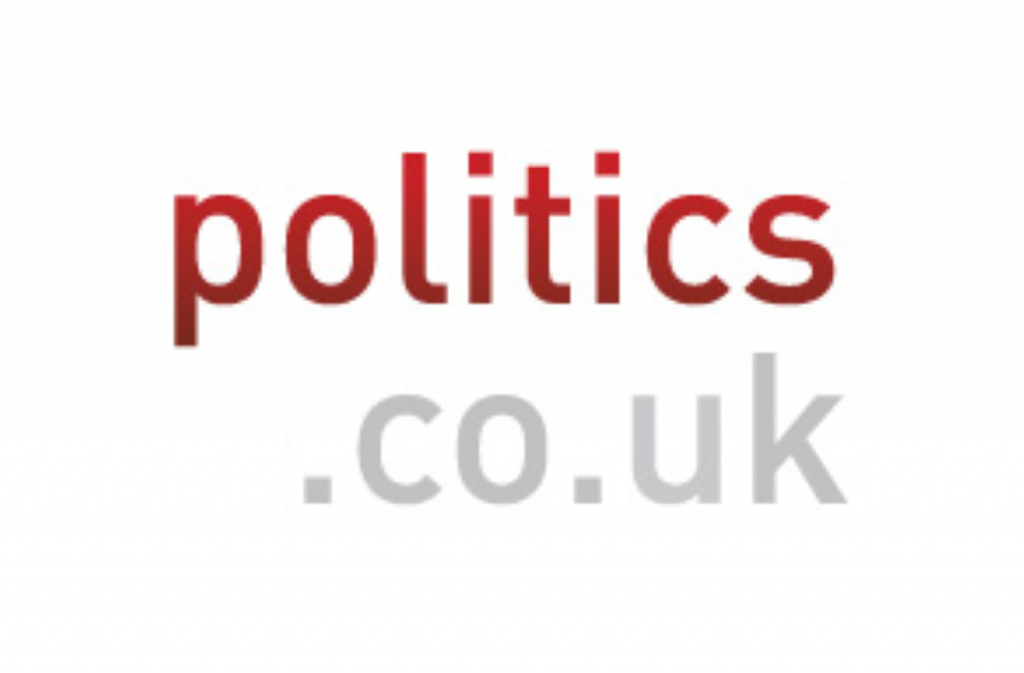Blair rejects rebate freeze
Tony Blair has raised the diplomatic tension by formally refusing a request for Britain to accept a freeze in its rebate from the EU.
After a meeting in Luxemburg this morning with the current holder of the EU presidency, the Prime Minister’s Official Spokesman said that Mr Blair had rejected a proposal to freeze the UK’s rebate at the current level for 2007-13.
Britain has repeatedly said that it is not prepared to negotiate any reduction on the rebate unless there is fundamental reform of the EU’s budget – including the Common Agricultural Policy.
The Downing Street spokesman said the plan to freeze the rebate would have cost the UK £16-20 billion and “this was not acceptable to us”.


Mr Blair is now in France for talks with president Jacques Chirac – who has refused to negotiate any further on the CAP.
Yesterday Mr Blair said he would be firm in his talks, saying: “We can’t discuss the British rebate unless we discuss the whole of the financing of the EU, including that 40 per cent of the budget goes on agriculture which employs only five per cent of the people.”
In a sign of the antagonism developing between the two leaders there will be no joint press conference after the meeting.
The other big issue on the agenda for next week’s Council of Ministers is the future of the proposed European Constitution. With two of the founding members of the EU – France and the Netherlands – having now rejected the treaty, there are questions about whether the ratification should continue.
Speaking after talks with the Slovenian foreign minister, Foreign Secretary Jack Straw said the council could decide to let member states make up their own mind on the ratification procedure.
Mr Straw, said: “My sense is that sentiment has shifted quite markedly in the eight days since I set out the interim position of the UK Government in the House of Commons.
“The sense I have now is that, at a minimum, the European summit on Thursday and Friday is likely to agree that whether ratifications go ahead should be left to individual member states, and I think that is obviously sensible because each country has got to take account of its own domestic circumstances.
“Whether they agree a more thorough common position on that line remains to be seen.”
Speaking earlier in Paris, Mr Blair tried to move the agenda back to the original intention of the whirlwind tour – his plans for the G8 summit.
Mr Blair told business leaders that issues of development should dominate the international agenda in the next few weeks and there would be “ample opportunity to debate these questions of development and their relationship to human rights and democracy”.
He added that it was essential that the private sector “play their full role as partners in the development”.
The Prime Minister told the assembled business leaders that the private sector could “really help” to prevent the spread of killer diseases in Africa. By way of example, he claimed that the majority of deaths from Malaria could be prevented by the provision of bed nets.
On the issues of climate change and corporate responsibility, he said: “we have all moved a long way from the times when business was seen as creating the problems of the world”, and added that the international community needed to harness the “entrepreneurial spirit” of business in order to take third-world aid “to a new level”.

